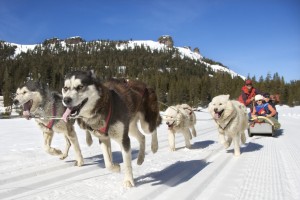 Glen Tecker, a governance consultant, spoke recently. Here’s what stood out:
Glen Tecker, a governance consultant, spoke recently. Here’s what stood out:
People want to understand why leadership acts:
What is perceived, is.
Perceptions rest on available information, accurate or not.
In the absence of information, we assume.
Behaviour, no matter how crazy, has a logical basis.
People have little idea about what they need, but strong opinions about what they want. So ask: find out what people want. Communicate how you used those wants to add value and inform decisions. Focus on outcome; describe success. Often, people only find out what they believe is important by being asked.
People engage when things:
Matter to them
Make a difference for them
Are enjoyable for them.
You need all 3 to function:
- Authority
- Process
- Capacity
Without these, you will be dysfunctional.
Re: Big vs. Small organizational groups:
- Big Groups serve representative, political functions: they govern a whole profession.
- Small Groups serve corporate deliverables: they govern an organization as an enterprise.
Big groups discuss and produce information that small groups use to decide.
Culture of trust needs:
- Clarity and consciousness about what will equal success.
- Open access to common information.
- Confidence in the competence of your partners.
‘Voice’ differs from ‘vote’. The majority must know the concerns and objections of the minority voice. All views need a voice but not always a vote.


